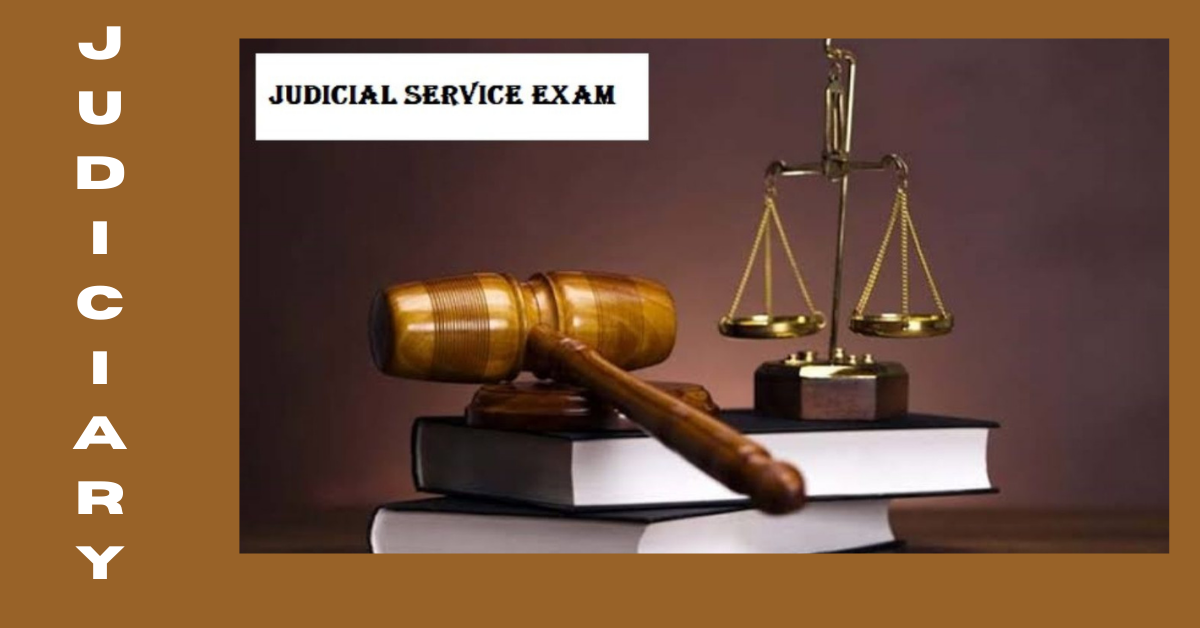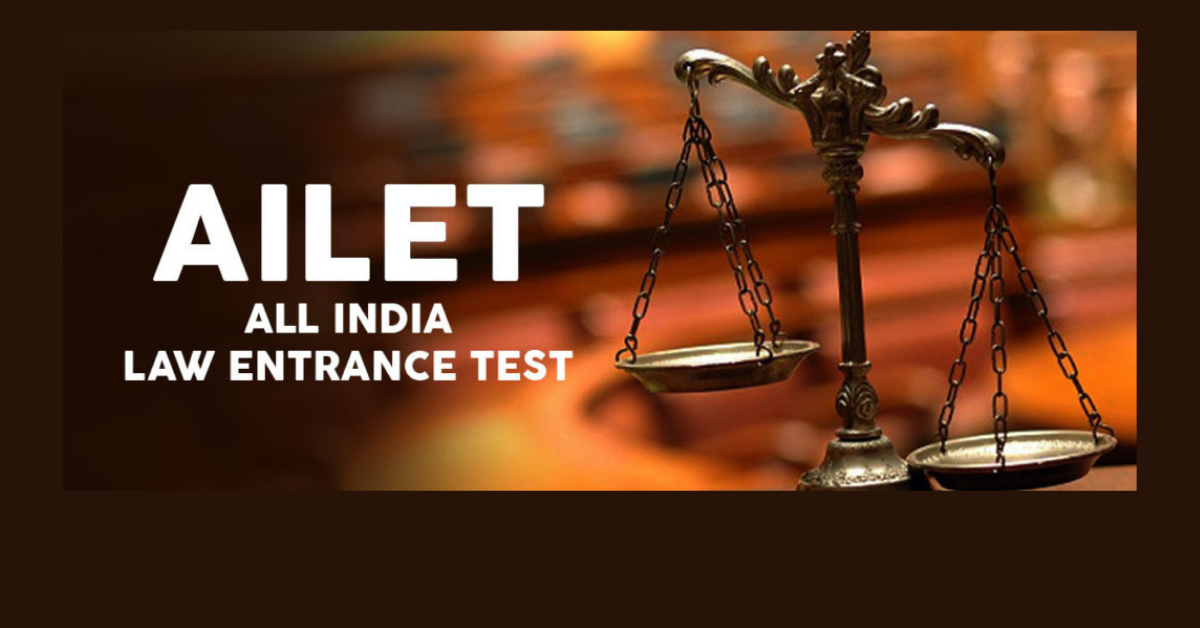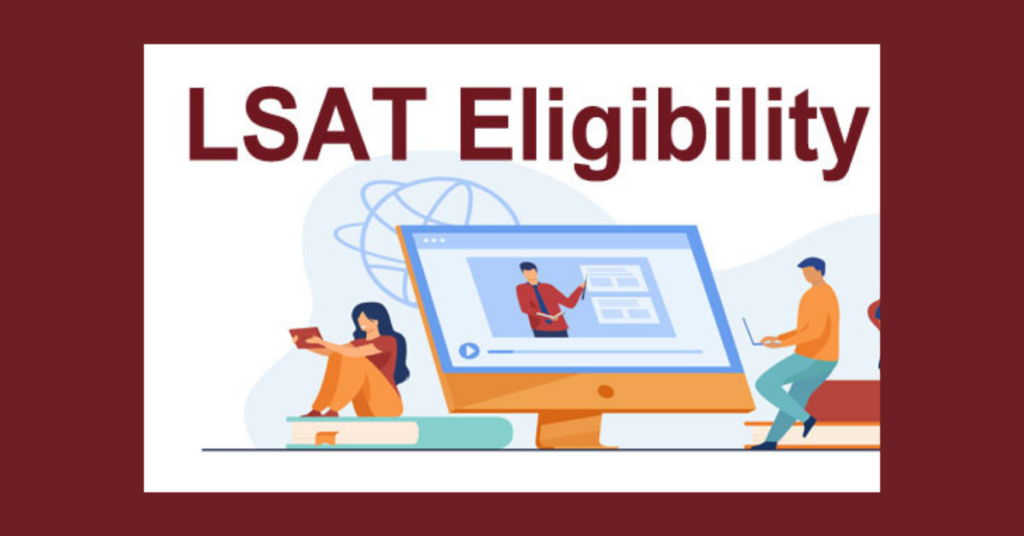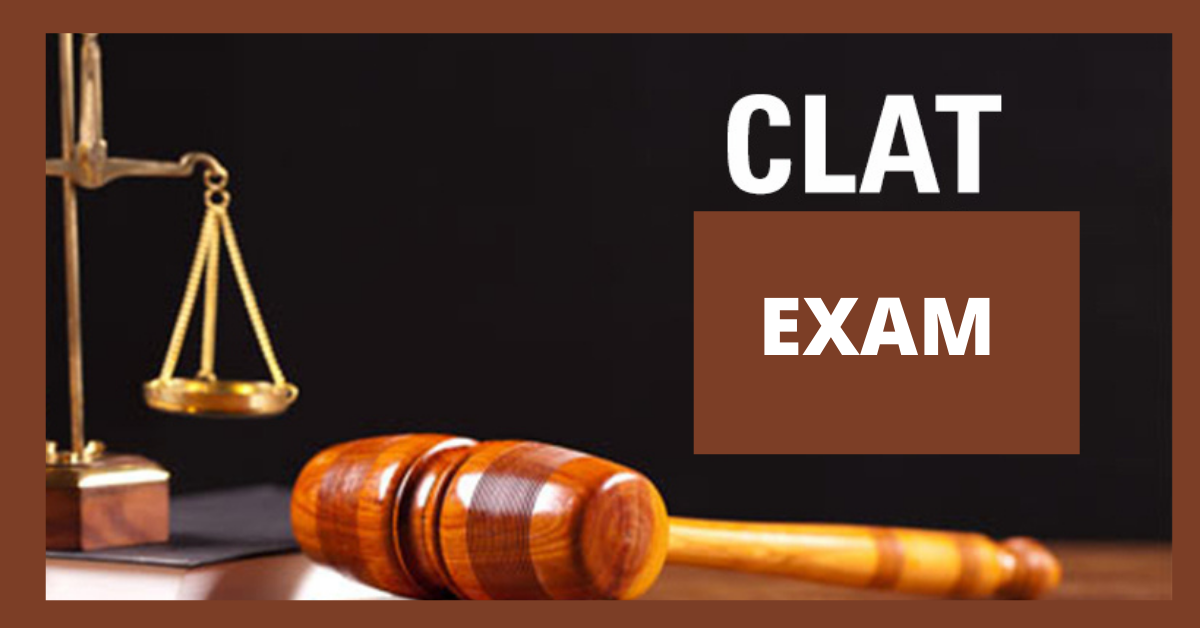Judicial Services Exam : Simple and Easy Guidebook for 2022
Judicial Services Exam also called the PCS (J)- Provincial Civil Service Judicial Examination is the first level examination for the law graduate to be allotted the members in the subordinate judiciary.
The members are appointed under the supervision of the respective high court by the state government. This exam is conducted by a state judicial department for the recruitment of subordinate judicial services.
There are various lucrative features in this service apart from superb perks, allowances, etc. Some of the job roles an applicant can get after clearing the exam are mentioned below.
Job Roles: Judicial Services Exam
- Magistrate
- District and Session Judge
- Sub-Magistrate
- Public Prosecutor
- Attorney General
- Solicitors
- Advocate General
- Notary
- Oath Commissioner
The members of the subordinate judiciary of the state are under the supervision of the High Court and its jurisdiction is also under the High Court. Every year approximately 50,000 -60,000 students appear for this examination.
The Judicial services exam has 2 entry-level. They are given below :
- Lower Judiciary Services
- Higher Judiciary Services
Eligibility of Judicial Services Exam
|
Eligibility of Judicial Services Exam |
||||
|
Service |
Nationality | Age | Qualification |
Experience |
| Lower Judiciary Services
|
Should be a citizen of India | 21-35 years | Must have a degree in LL. B from a recognized University/Institution. Final year candidates can also apply | No experience is required |
| CandidateS should have enrolled as an Advocate under the Advocate’s Act 1961 | ||||
| Higher Judiciary Services
|
Should be a citizen of India | 21-35 years | Must have a degree in LL. B from a recognized University/Institution. | Minimum of 7 years of experience in litigating practice |
Judicial Services Exam For Different States
Judicial services exams are held for a total of 24 States in India conducts this exam. Each state has its own set of vacancies, selection process, eligibility criteria, exam pattern, and pay scale. The states are named below:
- Arunachal Pradesh
- Assam
- Bihar
- Chhattisgarh
- Goa
- Delhi
- Himachal Pradesh
- Haryana
- Jammu & Kashmir
- Jharkhand
- Karnataka
- Kerala
- Madhya Pradesh
- Maharashtra
- Manipur
- Mizoram
- Nagaland
- Odisha
- Punjab
- Rajasthan
- Sikkim
- Uttarakhand
- Uttar Pradesh
- West Bengal
Judicial Services Exam Pattern:
This Judicial services exam is comprised of 3-stages:
|
Judicial Services Exam Pattern |
|||
|
Factors |
Preliminary Exam | Main Exam |
Personal Interview |
| Exam type | Objective and act as a screening test for the main exam | Subjective with 3-4 papers | Candidates are evaluated on general knowledge and aptitude. Minimum of 20 marks to be secured to get selected. This is the final stage of selection. |
| Qualifying Marks | Minimum qualifying marks vary from State to state | Minimum qualifying marks vary from State to state | |
| Evaluation Criteria | Marks not calculated | Marks scored are counted for the final selection | |
Responsibility and Career of Judge

The Judicial System consists of Supreme Court, High Court, District Court, Magistrate Court, and Munsiff Court. Judges are assigned to the different levels of court as per their qualifications and experience required for a particular department.
The Responsibilities Of The Judges
- Implement rules of procedure and establish the law.
- Take the charge over trials and hearings
- Advise litigation or court concerning issues and conduct the proceeding of the case.
- Settle disputes between defending attorneys
- Evaluate and gauge the evidence to decide whether the accused is innocent or guilty in accordance with the law.
- In the case of Civil trials, the judge decides whether the petition is legitimate and decides the damage, and orders compensation to the plaintiff unless a jury has been set to give the decision.
- In case of criminal trials, the judge decides whether to hold the offender in prison pending trial or allow bail.
- In case the accused is convicted, the judge declares the sentence. The judge imposes a fine, sends the person to jail or both, depending on what the constitution ordered.
Note: The Munsiff /Sub-Judge deals with the civil cases while the Magistrate deals with the criminal cases.
The Constitution of India : 3 Tier Judicial System
The Constitution of India has a 3 tier Judicial System mentioned below:
Supreme Court (SC)
The Supreme Court is the apex court and the ultimate court of appeal under the Constitution of India. The Supreme court consist of the Chief Justice of India and 30 Additional Judges.
The Chief Justice of India (CJI) is the highest-ranking Judge in the Supreme Court of India. The President appoints the Chief Justice of India and they can retain their position till the age of 65 years.
High Court (HC)
The High Court is the top judicial authority in the States controlled and managed by Chief Justice of States. The President appoints the High Court Judges by consulting with The Chief Justice of India and Governor of State, and they can retain their position till the age of 62 years.
District Court (DC)
Each state is divided into Judicial districts governed by a District Judge and Session Judge. The Civil case is looked at by District Judge and the criminal cases are looked at by the Session Judges.
The Judges of the district court are appointed by the Governor in consultation with the Chief Justice of the High Court of the concerned state.
Magistrate/Munsiff
The Magistrate or the Munsiff are elected by the Central or State Government in consultation with the Chief Justice of the High Court of the concerned state.
Judicial Hierarchy
|
Court Post |
Cadre |
Service |
| Chief Justice of India | Justice Cadre | Justice Grade |
| Justice of Supreme Court | ||
| Chief Justice of the High Court | ||
| Justice of the High Court | ||
| District & Session Judge | District & Session Judge Cadre | Superior/Higher Judicial Service |
| Additional District & Session Judge | ||
| Chief Judiciary Magistrate/Chief Metropolitan Magistrate | Civil Judge (Senior Division) | Lower Judicial Service |
| Judicial Magistrate 1st Class/ Metropolitan Magistrate | Civil Judge (Senior Division) | |
| Judicial Magistrate 2nd Class | Civil Judge (Entry/Probationary /Training) |
To secure a good rank and seat in the Judicial services exam, need lots of planning, research, and a proper road map.
Career Planning plays an important role in shaping your career, so is the planning to choose the best suitable B-School for yourself. You need to focus on various aspects before jumping into a final decision.
Career path analysis helps you in getting the best road map. Get your career assessment test by appearing for the free student profiling process. https://eduxact.edumilestones.com/

Click the link below and get an exhaustive career report and book for a free counseling session. For Studying abroad in 15000+ across 20+ Countries visit the mentioned link.
Click: Start Study Abroad Profiling to get access to 15000+ Universities across 20+ Countries
Please share your valuable inputs regarding the article. Also, help me develop other information guides by giving your suggestions.
You can comment in the section below for sharing your thoughts.








